- Basinikonda, Madanapalle, Annamayya (Dist), AP, Pin - 517325.
- imforupvtltd@gmail.com
About Rabbit Farming....
Rabbit Farming: An Overview
Rabbit Farming—also known as Cuniculture or Rabbit Husbandry—involves raising rabbits for multiple purposes, such as meat production, fur and wool harvesting, breeding, or companionship. With proper care and management, rabbit farming can be a sustainable and profitable agricultural enterprise suitable for both small-scale and commercial operations.
Key Aspects of Rabbit Farming:
Breed Selection
Select rabbit breeds that align with your farming goals:
For Meat: Commonly raised meat breeds include New Zealand White, Californian, and Flemish Giant due to their rapid growth and good meat quality.
For Fur and Wool: Breeds like Rex (for fur) and Angora (for wool) are preferred for their valuable coats.
Housing and Space Requirements
Provide rabbits with clean, dry, and well-ventilated shelters to promote health and comfort:
Suitable housing options include individual hutches, wire cages, or colony-style systems.
Ensure each rabbit has a minimum of 1.5 to 2 square feet of space to allow for adequate movement and reduce stress.
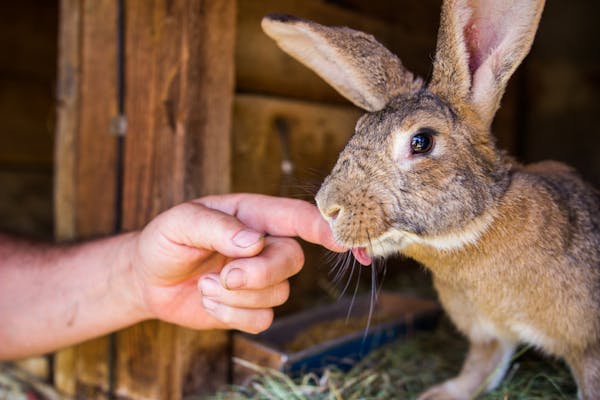
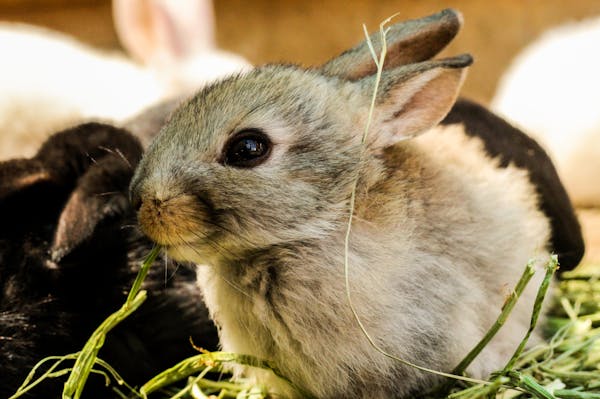
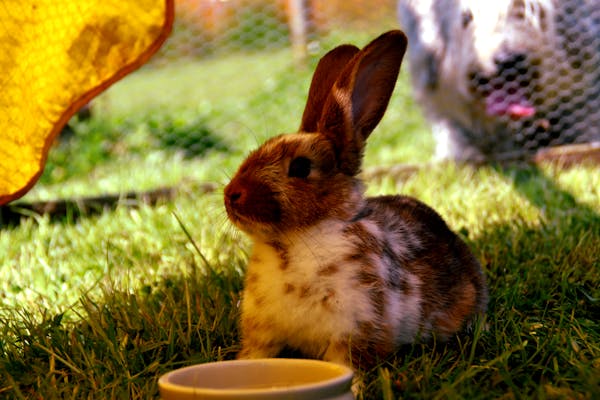
Feeding
Rabbits require a balanced diet to stay healthy and productive:
Feed them a mix of fresh grass, high-quality hay, vegetables, and commercial rabbit pellets.
Always provide access to clean, fresh water to keep them hydrated.
Health Management
Keeping your rabbits healthy involves consistent monitoring and preventive care:
Regularly check for signs of common illnesses such as coccidiosis and snuffles.
Maintain strict hygiene in their living environment and administer vaccinations or treatments as needed to prevent disease outbreaks.

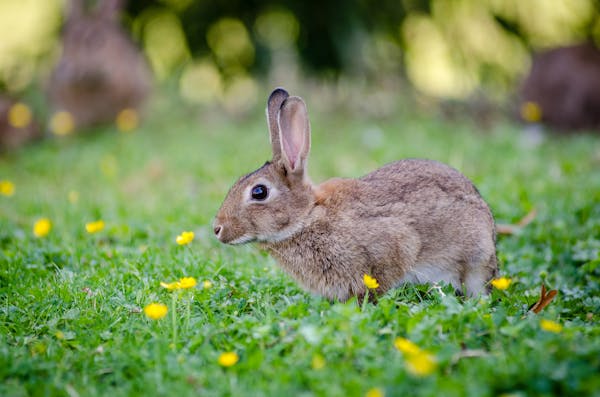
Breeding Management
Effective breeding practices are key to maintaining a healthy and productive rabbitry:
Rabbits are typically ready to mate at 5 to 6 months of age.
Keep males and females in separate enclosures and only introduce them during controlled mating sessions to avoid accidental or excessive breeding.
Market Opportunities
Rabbit farming offers multiple income streams:
Meat: Rabbit meat is lean, high in protein, and low in cholesterol, making it a popular choice for health-conscious consumers.
Fur: Rabbit fur is used in the fashion and craft industries for garments, accessories, and decorative items.
Pets: Due to their small size, quiet na


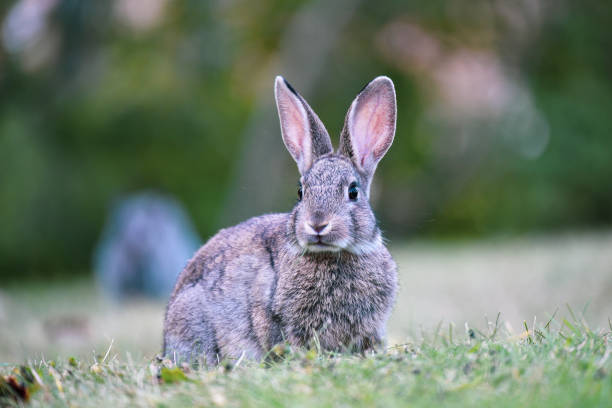
Encouragement for Small-Scale Rabbit Farming
- Low Investment
Rabbit farming is cost-effective, requiring minimal space, basic equipment, and a relatively small initial investment. - High Returns
Thanks to rapid reproduction and low upkeep costs, rabbit farming offers a quick turnaround and strong profit potential. - Sustainability
Compared to larger livestock, rabbits have a lower environmental impact, making them an eco-friendly farming option. - Diverse Income Streams
Rabbits can generate multiple sources of income—from meat and fur to breeding stock and nutrient-rich manure for organic fertilizer. - Perfect for Beginners
Rabbit farming is beginner-friendly. With a simple setup and foundational knowledge, it’s easy to start small and expand as experience grows.
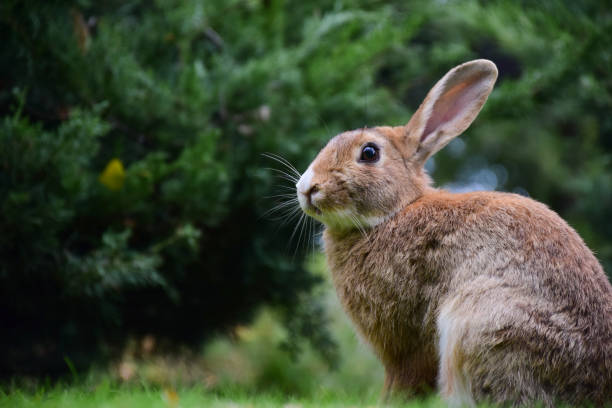

Taking the First Steps in Rabbit Farming
- Research and Planning
Begin by gaining a solid understanding of rabbit farming techniques and assessing local market demand for rabbit products.
Determine the scale of your venture—whether it’s a small backyard setup or a more structured commercial operation. - Set Up Housing
Construct or acquire appropriate housing that keeps rabbits safe from predators, harsh weather, and disease. Ensure the space is clean, well-ventilated, and comfortable. - Purchase Healthy Breeding Stock
Start your farm with healthy, high-quality breeding rabbits from reputable sources to ensure good genetics and a strong, productive herd.

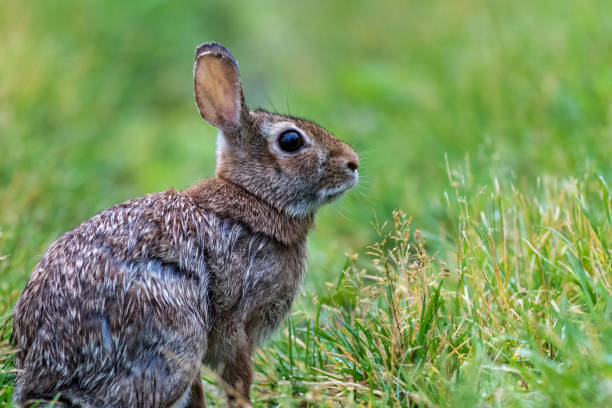
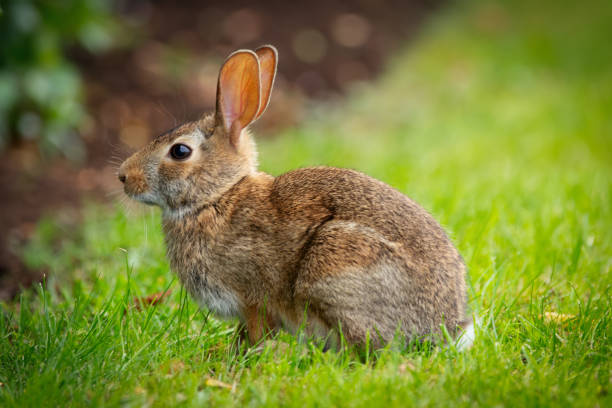
- Develop a Feeding Plan
Ensure a consistent supply of nutritious feed by learning about the dietary needs of rabbits. Stock up on essentials like hay, fresh greens, and commercial pellets to keep your rabbits healthy and productive. - Learn Basic Veterinary Care
Familiarize yourself with common rabbit diseases and how to prevent or treat them. It’s also important to build a relationship with a local veterinarian for expert support when needed. - Marketing and Sales
Explore sales channels such as local markets, restaurants, pet shops, and online platforms to promote and sell your rabbit products effectively. Identify your target customers and tailor your marketing accordingly.
Rabbit Farming offers an easy and rewarding entry point for small-scale farmers. With a modest start, a commitment to learning, and an emphasis on quality care and products, you can steadily grow your venture into a successful and profitable enterprise.
Remember, every thriving rabbit farm began with just one step. With your passion, commitment, and thoughtful planning, you’re laying the foundation for a successful journey in rabbit farming. Embrace the learning curve, celebrate each milestone, and stay focused—every effort brings you closer to turning your farming vision into reality.
Wishing you the best of luck in your Rabbit farming Venture!
Warm regards,
Valipi Reddy
C.E.O, IMFORU PVT. LTD.
